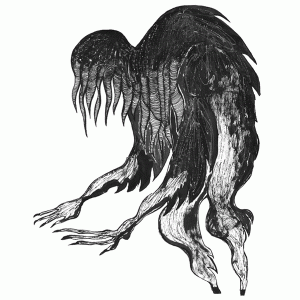Sleeping beauty syndrome aka Kleine-Levin syndrome
Ever fallen asleep for a whole day? Sleeping for more than 24hrs in a row is not something we all experience. If we experience bouts of extreme fatigue or illness we may feel the need to sleep all day. Those with Kleine-Levin syndrome experience episodes of excessive sleep that can last up to 20 hours per day.
These episodes of excessive sleep can last a few days to a few weeks. The individual is able to eat, go to the bathroom, while exhibiting childish behavior, irritability, and hallucinations. Between episodes the affected individuals are completely normal. Symptoms were first described by William Oliver in 1705, a patient fell into a profound sleep and could not be roused for a month. He was able to eat and drink but would not speak. Later descriptions described the syndrome as recurrent episodes of hypersomnia and morbid hunger.
![See page for author [Public domain], via Wikimedia Commons](http://www.cliniquesomnomed.com/blog/wp-content/uploads/2016/10/1024px-Waking_up_Kumbhakarna.jpg)
Possible Causes and Treatment

Cases of sleeping beauty syndrome were often preceded by infections, head trauma, or alcohol consumption. Treatment includes stimulants, mainly amphetamines. It has been noted that the severity increases in secondary cases and in women. The feeling of unreality, where the environment felt distorted, wrong and unreal, as if in a dream. This coupled with disconnected thinking that these individuals experience seems to be the reported by most affected patients and specific to this syndrome. This derealization can be coupled with the nightmarish feeling of being watched, or attacked, and voices and sounds are distorted and misplaced.
Michel Billiard, Sleep Medicine, Kleine–Levin Syndrome
Henry Meynell Rheam [Public domain], via Wikimedia Common
